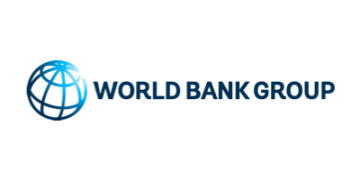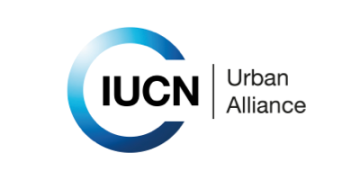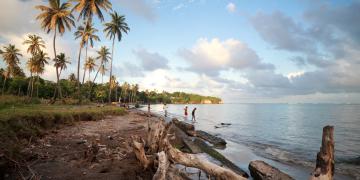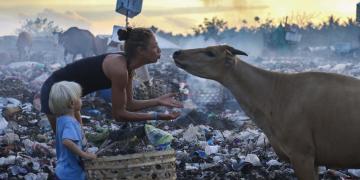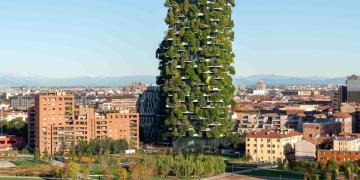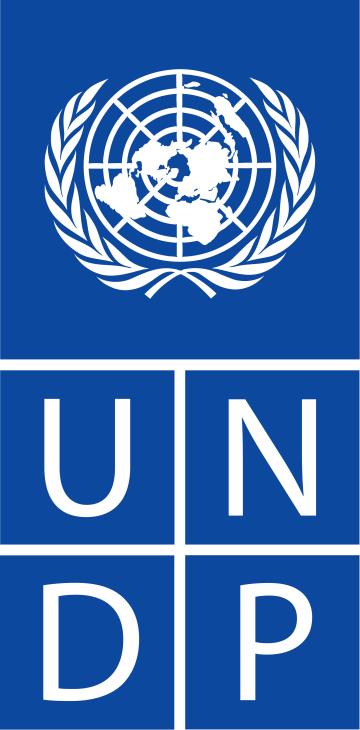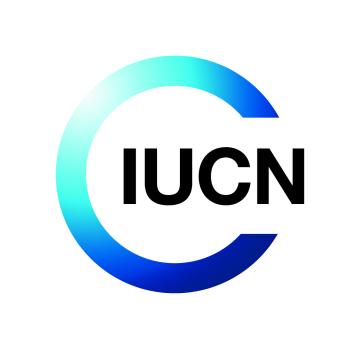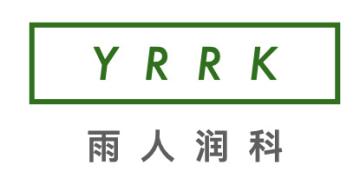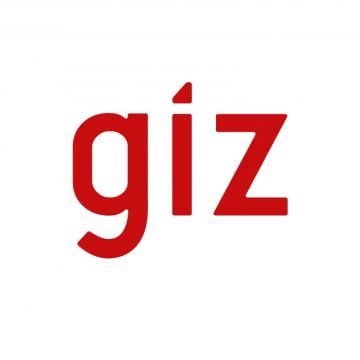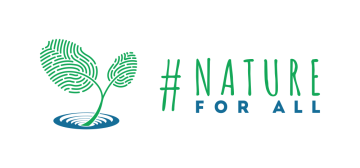
PANORAMA Cities is jointly coordinated by the World Bank and the International Union for Conservation of Nature (IUCN). It represents an increasingly important theme within the field of development.
Despite occupying just 2-3% of the world’s land surface, cities account for approximately 75% of natural resource consumption and 70% of CO2 emissions. Already home to over half of humanity, they are projected to absorb an additional 2.5 billion people by 2050, amplifying demand for resources, infrastructure and services, and placing ecosystems under mounting pressure.
Meeting human needs in this ‘urban century’ will be complicated by climate change. Cities are heavily exposed to climate risks including heat stress, flooding and coastal storm surges, whilst urban water and food security are sensitive to droughts and crop failure. Climate change could also aggravate risks to public health, not least by aiding the spread of vector-borne and waterborne diseases.
Forms and patterns of urbanisation—and of urban renewal—thus have profound social, economic and environmental implications. The Sustainable Development Goals (SDGs) recognize the centrality of cities to human progress, most notably through SDG 11 to “Make cities and human settlements inclusive, safe, resilient and sustainable.” However, headway towards all 17 of the SDGs will to some extent be modulated by the evolution of cities. As centres of political and financial capital, and as hubs of innovation, cities are uniquely placed to drive the transition to a sustainable future.
Through this thematic community, the World Bank, IUCN and their partners will gather and share inspiring case studies, lessons learnt and best practices. Drawing on research and project experience in sustainable urban development and disaster risk management from across the world, they will showcase pragmatic solutions to a multitude of pressing urban challenges.
About the World Bank
The World Bank is an international financial institution that provides loans and grants to the governments of low and middle income countries for the purpose of pursuing capital projects. The World Bank has the largest number of urban development and Disaster Risk Management (DRM) specialists of any development institution. More than 300 staff have urban and DRM as their primary or secondary professional affiliation. The World Bank is also the largest source of project lending and advisory services on urban development and resilience with a multi-billion dollar portfolio.
About IUCN
IUCN is a membership Union composed of both government and civil society organisations. In pursuit of “a just world that values and conserves nature,” IUCN harnesses the experience, resources and reach of over 1,400 Member organisations and the input of some 17,000 experts. At the behest of IUCN Members and with the support of the Arcadia Fund, IUCN has established an ‘Urban Alliance’ to help mobilise the conservation community for urban action.
Coordinators
